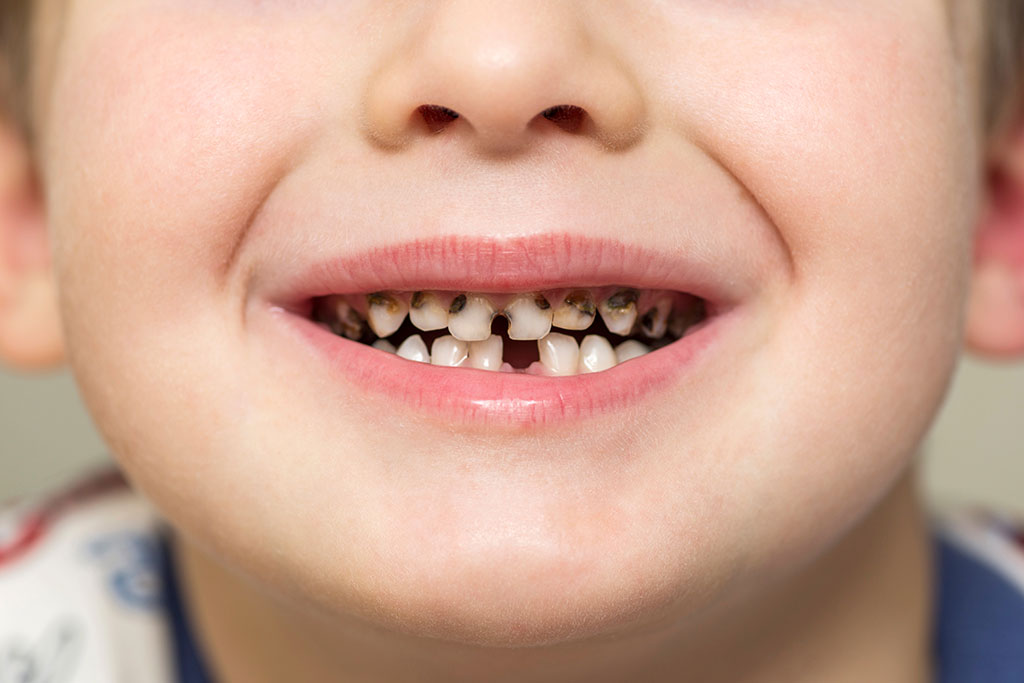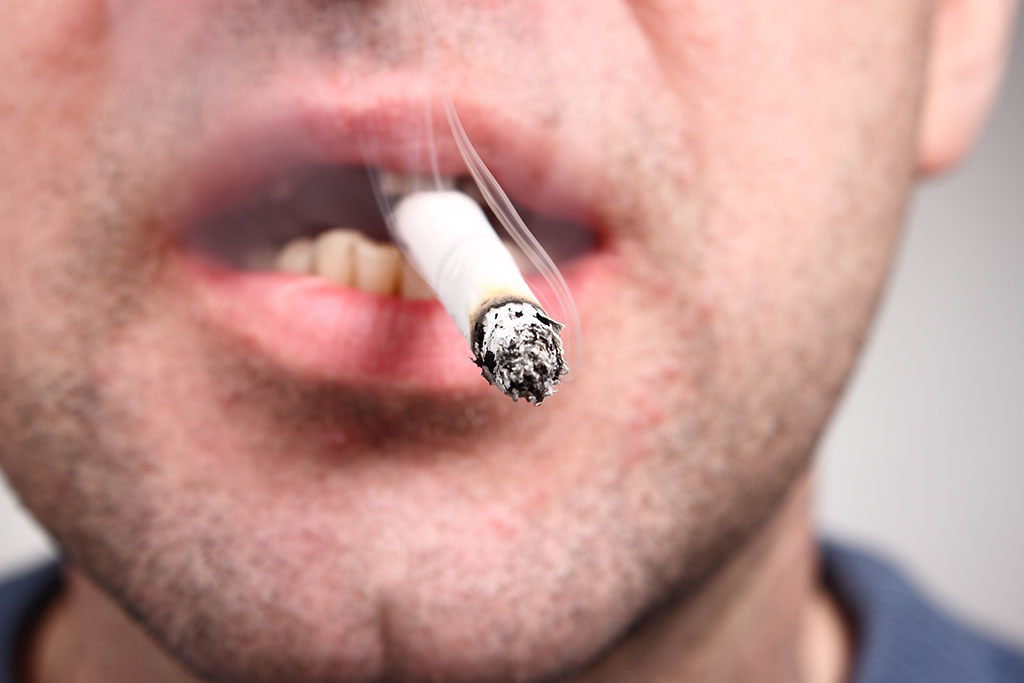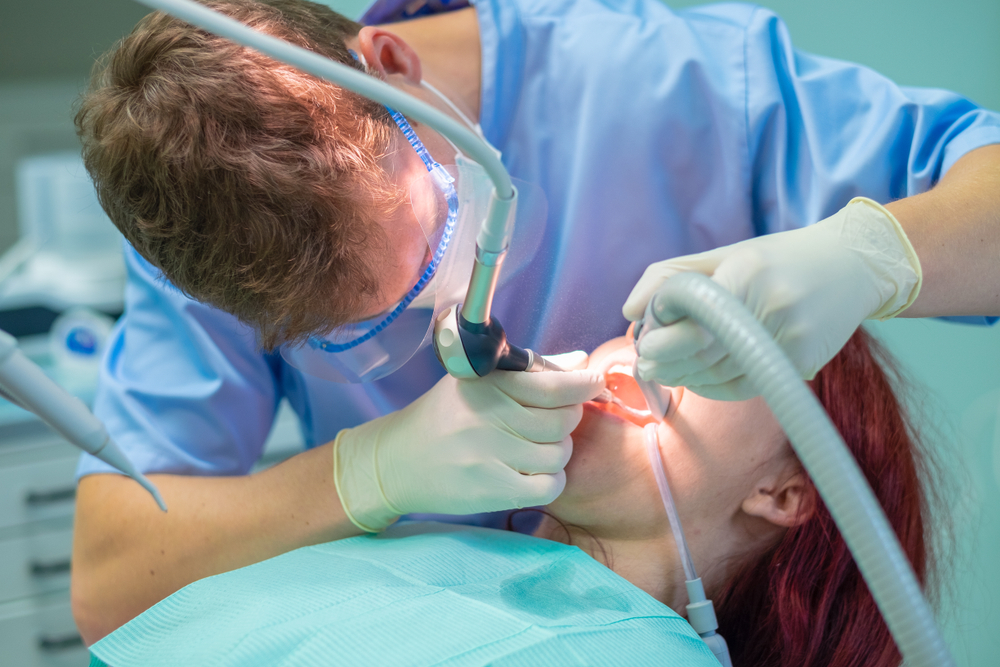Oral hygiene is the practice of keeping your mouth clean. By doing this, you can ensure your mouth stays healthy, free from infections and diseases. As a whole, this involves a good dental hygiene routine – brushing, flossing, and regular visits to the dentist.
Good oral hygiene ensures that your teeth last a lifetime, and that you can enjoy life to the fullest. When your teeth are consistently clean, you will be able to chew and bite – and you will be more confident in your smile.
Why is dental hygiene important?
“People generally maintain good oral hygiene as a preventive measure,” said Deirdre Dunne, a dental hygienist — and the owner of Bandon Dental. “This allows you to proactively address oral health issues like cavities, gum disease, halitosis, and more before they arise. Prioritising the health of your teeth and gums is integral to sustaining long-term overall well-being.”
Additionally, oral health is interconnected with overall well-being. An oral infection can potentially spread through the bloodstream. Over time, this can contribute to broader health issues such as heart disease and stroke. The World Health Organisation estimates that 3.5 billion people worldwide are affected by dental diseases. This includes people in middle-income countries – with 3 out of 4 people affected by this.
How do I spot poor oral hygiene?

It’s fairly easy to spot signs of poor dental hygiene. Some of the most common signs include:
- Bad breath – even after brushing, you might experience chronic bad breath.
- Bleeding gums – these are easy to spot while chewing, or while brushing your teeth.
- Cavities – neglecting to brush your teeth twice a day can result in tooth decay and cavities.
- Gingivitis – this gum disease can cause irritation, redness, and swelling.
- Mouth sores – these small lesions in your mouth can cause irritation while eating, drinking, or talking.
- Receding gums – here, the gums pull away from the tooth, revealing more of the root.
- Swelling – whether in your gums or your jaw, this can be a clear indication of poor oral hygiene.
- Toothache – a toothache can be caused by several reasons – most commonly, dental neglect.
Are there conditions linked to dental neglect?
Forgetting to brush your teeth every so often might not have severe repercussions. However, we recommend a consistent and good oral hygiene routine. Failure to do this can result in escalating health conditions. For example, medical research has indicated that conditions like gum disease and gum inflammation can escalate. In fact, in 2018, the National Institute of Health estimated that 47% of adults over 30 suffer from some form of gum disease.
Over time, this can contribute to the following health conditions:
- Cardiovascular conditions
- Complications during pregnancy, such as low birth weight or premature delivery
- Endocarditis – or inflammation of the heart
- Pneumonia
- Stroke
In addition to this, there are certain health conditions that can negatively affect your teeth and gums. Due to the pain caused during brushing, this can also have an impact on your dental hygiene routine. For example:
- Alzheimer’s disease
- Diabetes
- HIV/AIDS
- Osteoporosis
How can I practice good oral hygiene?
If you’re looking to practice better dental hygiene, you can do so in a few simple steps. We compiled a few steps, ensuring that you tackle the different types of oral hygiene, ensuring that you keep your teeth and your mouth healthy.
Brush your teeth
As simple as it sounds, brushing your teeth is the best way to practice good dental care. We advise that you brush your teeth twice a day, with a soft-bristled toothbrush and a fluoride toothpaste. Brush at a 45° angle, and don’t forget the backs and sides of your teeth!
Did you floss?
It’s a common refrain heard across dentist’s offices in Ireland: Do you floss regularly? This isn’t without reason – flossing is a big part of proper dental hygiene… and 58% of people don’t floss their teeth at all, according to Spotlight Oral Care. “While brushing twice a day is important, your toothbrush can’t pick up small bits of food trapped between your teeth,” commented Deirdre Dunne. “This is where flossing is crucial. Be sure to floss before your nighttime brushing.”
If you struggle with flossing due to mobility issues, why not try dental picks?
Use mouthwash
Generally, an antibacterial mouthwash is a good way to boost your dental hygiene. With regular use, it helps reduce plaque buildup, and helps clear away bits of food in your mouth.
Avoid smoking

Smoking stands as a primary contributor to both oral cancer and gingivitis. Here, the ideal approach is to completely refrain from using these products. If you are a current smoker and wish to quit, why not speak to your healthcare provider? They can help explore available treatment options that can assist you with stopping.
Make regular dentist visits
Regular dental check-ups and cleanings are incredibly important to help maintain good oral health. While many people can practice good dental hygiene with six-month visits to the dentist, if you are susceptible to cavities, gum disease, or other oral health issues, you might require more frequent appointments.
What dental products should I use?
‘Nine out of ten dentists recommend.’.. is a common phrase, when it comes to buying oral hygiene products. However, if you have a specific concern when it comes to practicing good dental hygiene, you could always consult with your dental hygienist. They will help you decide which toothpaste, kind of toothbrush, or mouthwash could be best for you!
What are the benefits of good oral hygiene?
When it comes to good dental care, prevention is always better than cure. While your dentist can help with cavities or tooth decay, we recommend avoiding this by practicing good dental hygiene. However, there are numerous benefits to practicing proper dental care, such as:
- A better smile
- Fresh breath
- Healthy gums and teeth
- Less of a need for dental healthcare, regarding fillings, implants, or root canals
- Lower risk of oral cancer
- Reduce risk of diabetes, heart disease, and stroke
How often should I see my dentist for good oral hygiene?
We recommend seeing your dentist at least once every six months. However, in cases where you may be prone to dental issues, such as gingivitis, receding gums, or bleeding gums, you may need to see your dentist more often. In this case, an initial visit should give your dentist an idea of how frequently you’ll need to visit, what dental products you should use, and the best conceivable way for you to practice good dental hygiene.
In addition to this, you could also avail of a good dental hygienist service. At Bandon Dental, we believe that preventive care is better than cure. That’s why we offer our dental hygienist service – available for new and existing clients. Regular visits to your dental hygienist will help keep your teeth clean and help avoid poor dental hygiene.
Industry-leading Dental Hygienist practice
At Bandon Dental, we also understand the importance of good oral hygiene – given that we’re a dental practice owned by a professional dental hygienist. We invest in cutting-edge technology like the Woodpecker PT-A machine which features a built-in Air Polisher. This machine uses a combination of heated water – helping to reduce sensitivity – and flavoured powder to clean and scale your teeth. By continuously working to ensure the highest levels of dental services, we also aim to provide our clients with groundbreaking technology: all the latest machines, services, products, and more!
Whether you’re looking to practice better dental hygiene, need assistance with a specific dental issue, or just want a dentist in Cork, Bandon Dental is here to help! Contact us today to book a consultation.

